What Flight Attendants Want You To Know About Flying Now
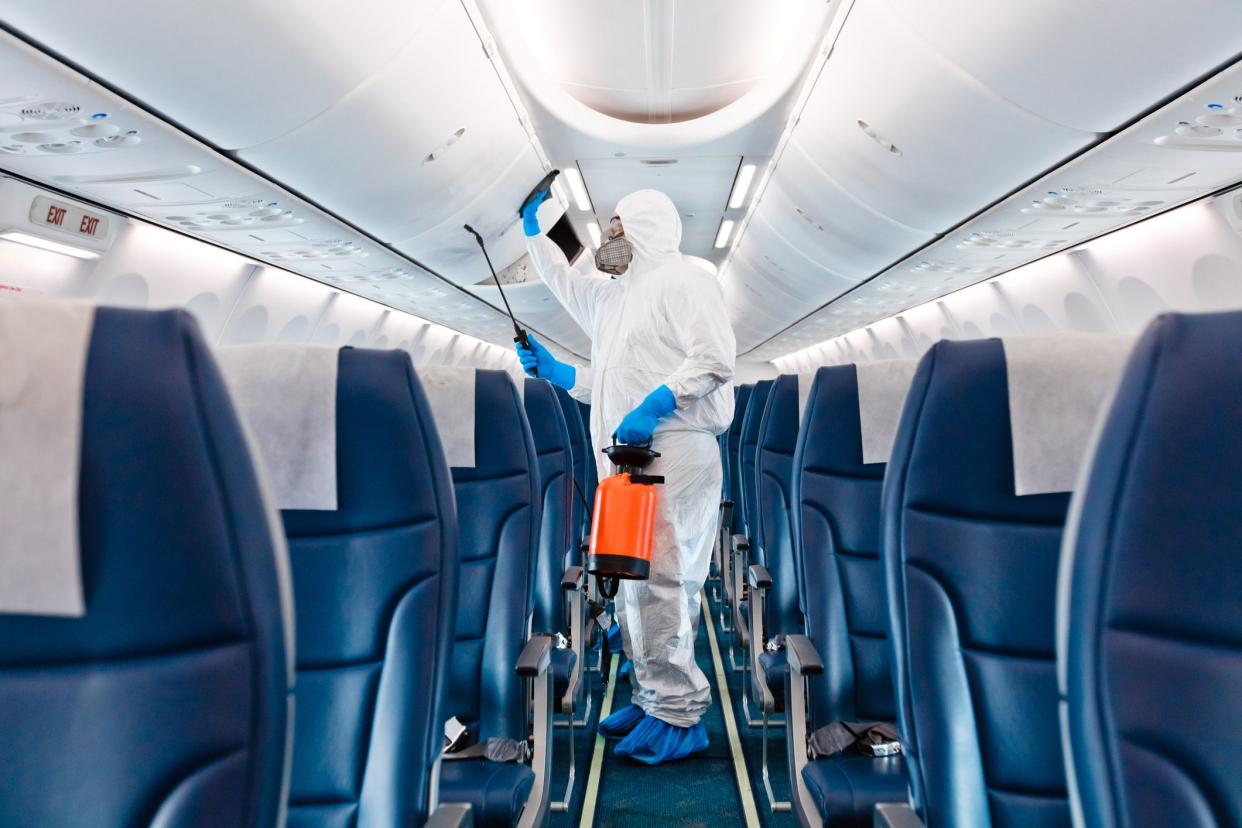
Flight Dos & Don’ts
Between on-ground chaos and increased anxiety from the average traveler, plane travel has changed. Here’s what some flight attendants are spilling about flying now, especially as airlines reintroduce alcohol sales despite increasingly rowdy passengers — a move some say is a big mistake.
Related: 20 Things You Should Never Do on a Plane

Ease Up on the Booze
Alcohol is back on planes, and some flight attendants aren't happy about it. The pandemic's no-booze policies were also a response to a rapidly increasing amount of rowdy passengers, and the Federal Aviation Administration reported 5,981 unruly passengers in 2021.
Insider Tip: Just because you can buy alcohol duty-free doesn’t mean you can consume it on board, according to FAA regulations: “No person may drink any alcoholic beverage aboard an aircraft unless the certificate holder operating the aircraft has served that beverage to him.”
Related: Ridiculous Things People Have Tried to Bring on Planes
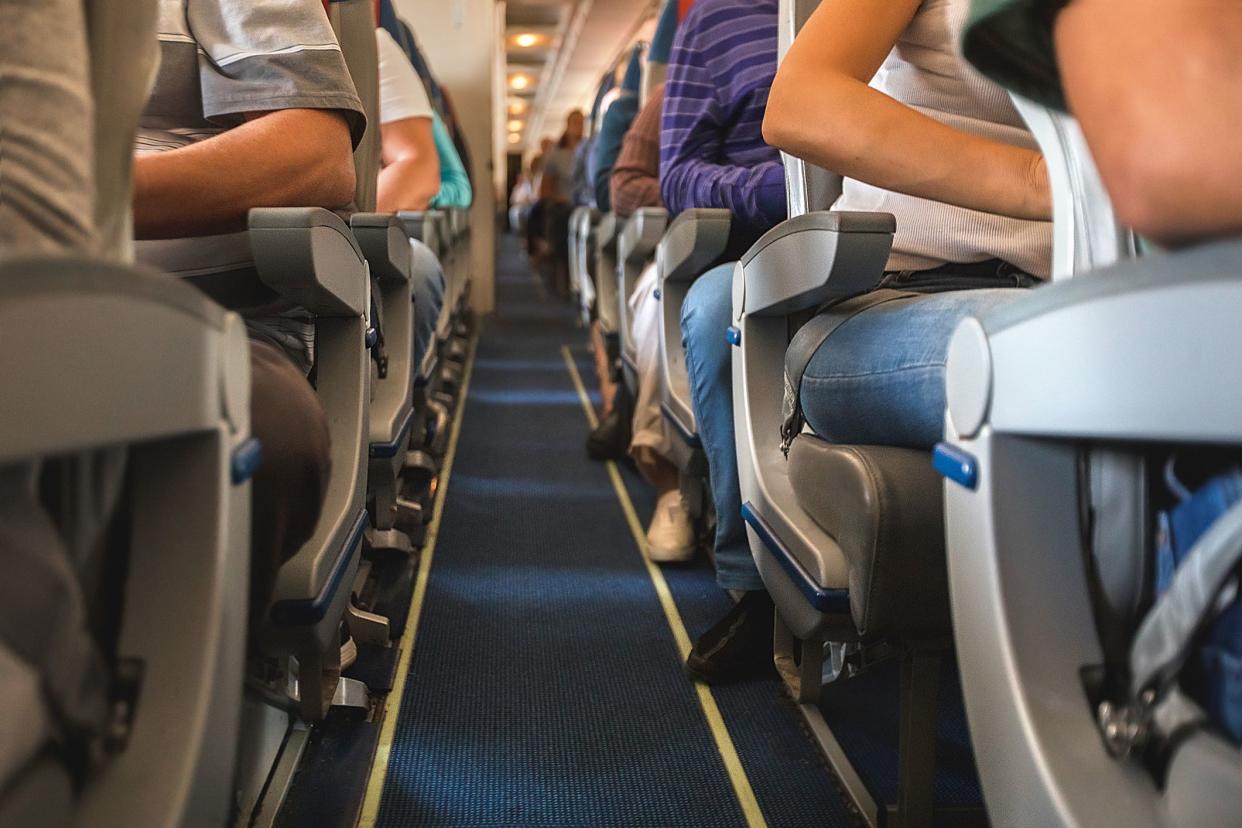
The Crew Can (and Will) Restrain You
Statistics don’t lie, and here are some numbers to mull over from a survey done by the Association of Flight Attendants-CWA, AFL-CIO in 2021.
85% of all respondents had dealt with unruly passengers as air travel picked up in the first half of 2021.
More than half (58%) experienced at least five incidents during the year.
17% reported experiencing a physical incident.
While the violent, rude, bullying behavior is limited to a small pool of passengers, the rising number of incidents is not going unnoticed. In an article by The Points Guy, the International Air Transport Association (IATA) explained that while restraining a passenger is the last resort, it is not taken lightly. “Before restraining a passenger, the cabin crew will always seek the permission of the Commander (Captain) who will give their authorization if they perceive a risk to the safety of the flight, the crew, or other persons onboard,” said Katherine Kaczynska, a spokesperson from IATA.
As for the type of restraint, there is no industry standard and all airlines have their own policy on what equipment can be used to restrain passengers.
Related: Unbelievable Airline Incidents Through the Years
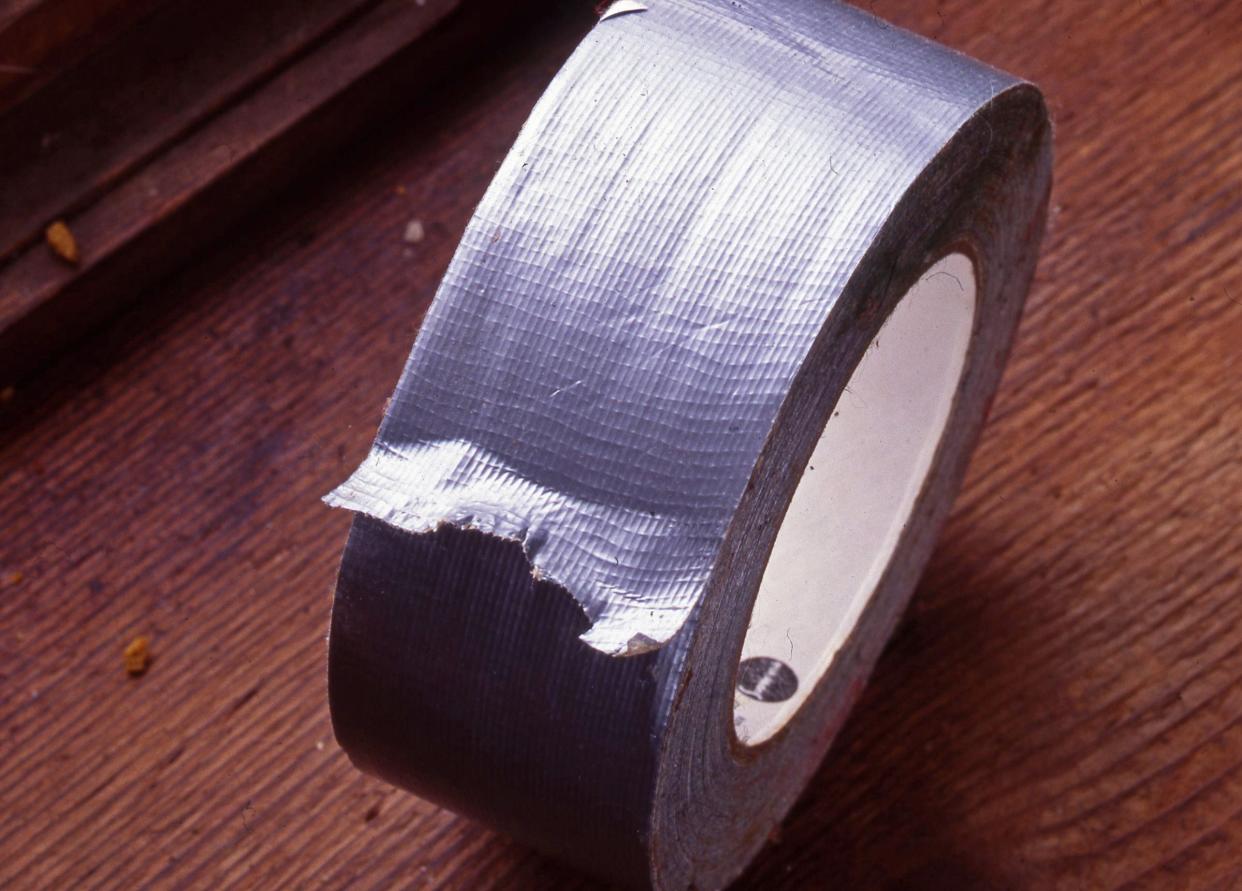
Cut the Bullying
Know this: It takes a lot for a flight attendant to unfurl a roll of duct tape, and it’s only ever done when their personal safety is threatened. While memos have circulated asking flight attendants to not resort to duct tape, other restraints may be employed. John Slater, senior vice president of inflight services at United Airlines has stated: “Please remember that there are designated items on board that may be used in difficult situations, and alternative measures such as tape should never be used.” The Federal Aviation Administration has issued more than $1 million in civil penalties 2021.
Insider Tip: If an inflight disturbance happens, typically airport police will be called and the disruptive individuals will have an unwelcome greeting party upon landing.
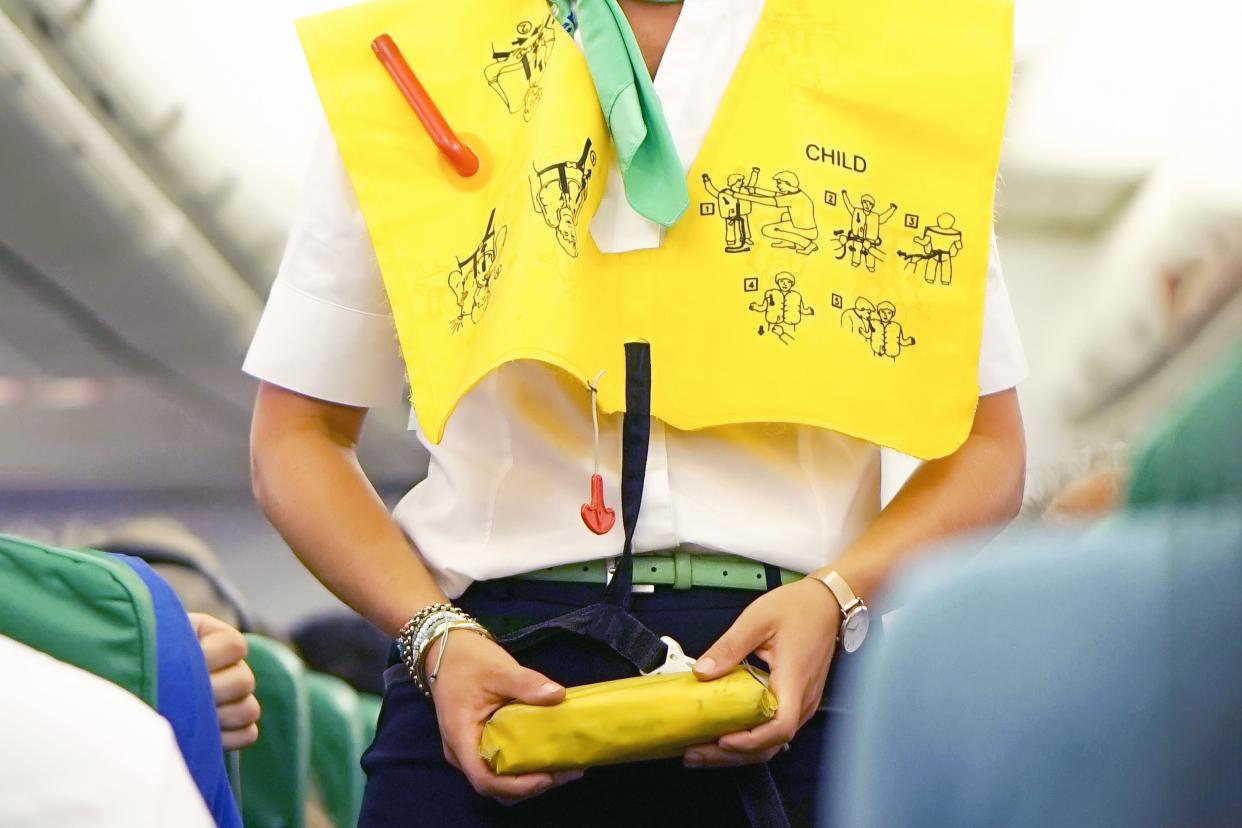
Flight Attendants Are Not Power Tripping
If you’re flying for the first time, it’s excusable to not know the standard rules: stowing away tray tables, putting away laptops, adjusting your seat back to an upright position. Anyone else should feel embarrassed for having a flight attendant repeat themselves ad nauseam.
“A lot of the time passengers perceive requests from flight attendants to be without reason," says flight attendant Ally Case. "Believe it or not, many people don’t realize just why their tray tables need to be stowed, seat backs forward, and laptops put away — the reason being that there needs to be a clear exit path for each person in each row to exit in case of an emergency and those objects block the egress. Taxi, take-off, and landing are the most crucial times for that. It’s not because we like to tell people what to do — it’s because we need to make sure the cabin is fully prepared at those higher-risk times against any potential emergencies. It’s our job to think ahead and be prepared for anything!”
Related: Your New Air Travel Checklist
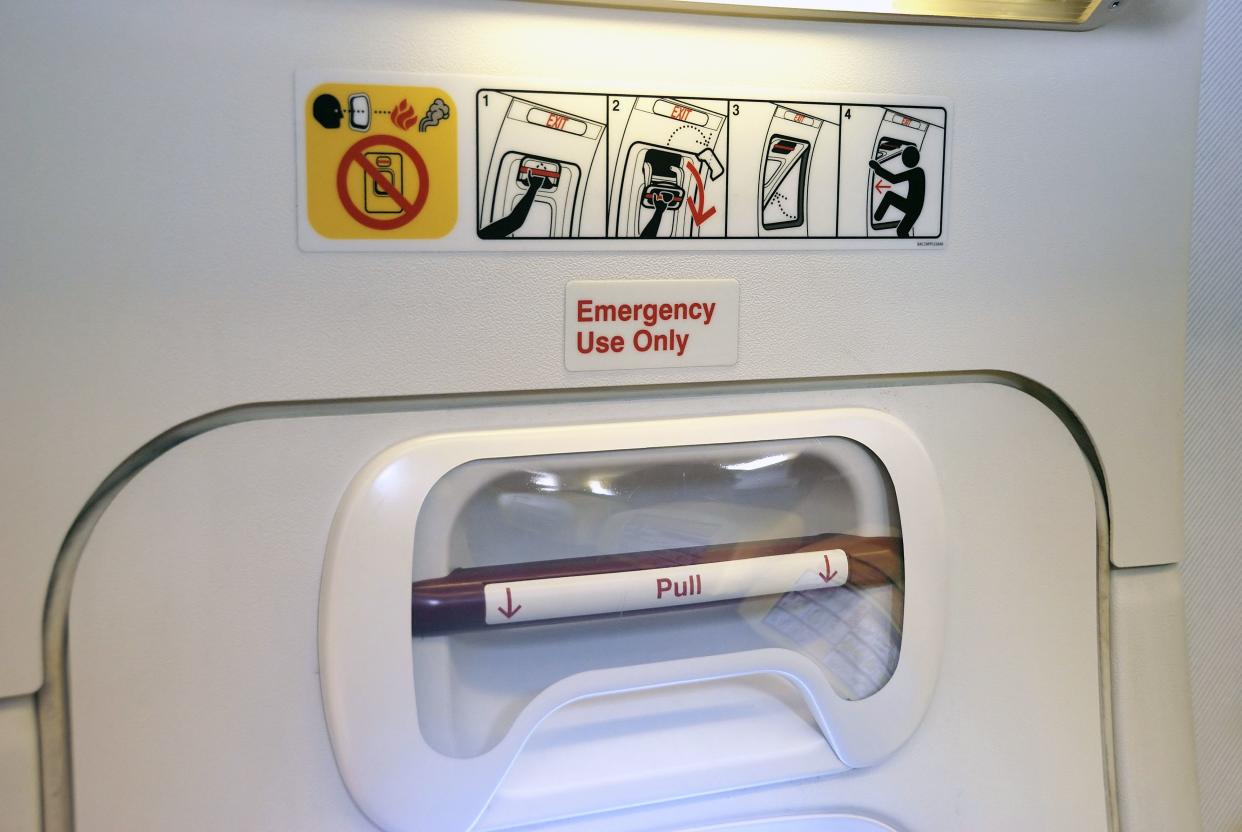
Emergency Exit Seats Come With Responsibility
That extra legroom you want comes with strings attached. Before pushing for that emergency exit seat, watch this video and see if you’re up for the task. On the airline end, their job is to ensure whoever sits there is able-bodied and at least 15 years old, but they'll also have to judge if you’re able to grasp, pull, push, turn, lift easily and with “sufficient visual capacity to perform applicable functions without the assistance of visual aids beyond contact lenses or eyeglasses."
Insider Tip: According to a post on Medium by an ex-flight attendant, there is a 90-second time limit to evacuate passengers, which means if the worst happens, you also have to be physically and mentally prepared to act fast.
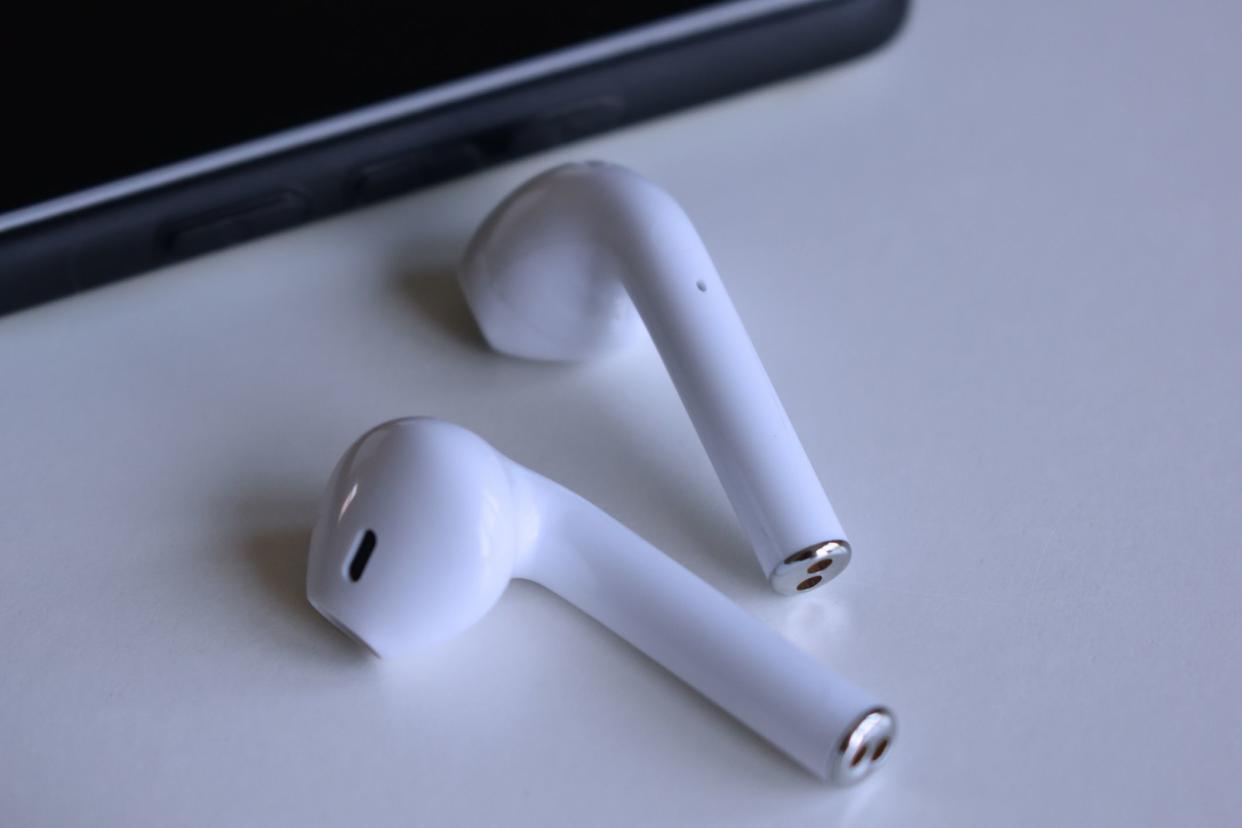
Take Your Headphones Off
If you talk to your Starbucks barista with your headphones removed or switched off, please do the same for your friendly flight attendant. “When the flight attendants are in the aisles asking what you like to drink, please take your headphones off so they don’t have to repeat the question three times to every person,” says Case.
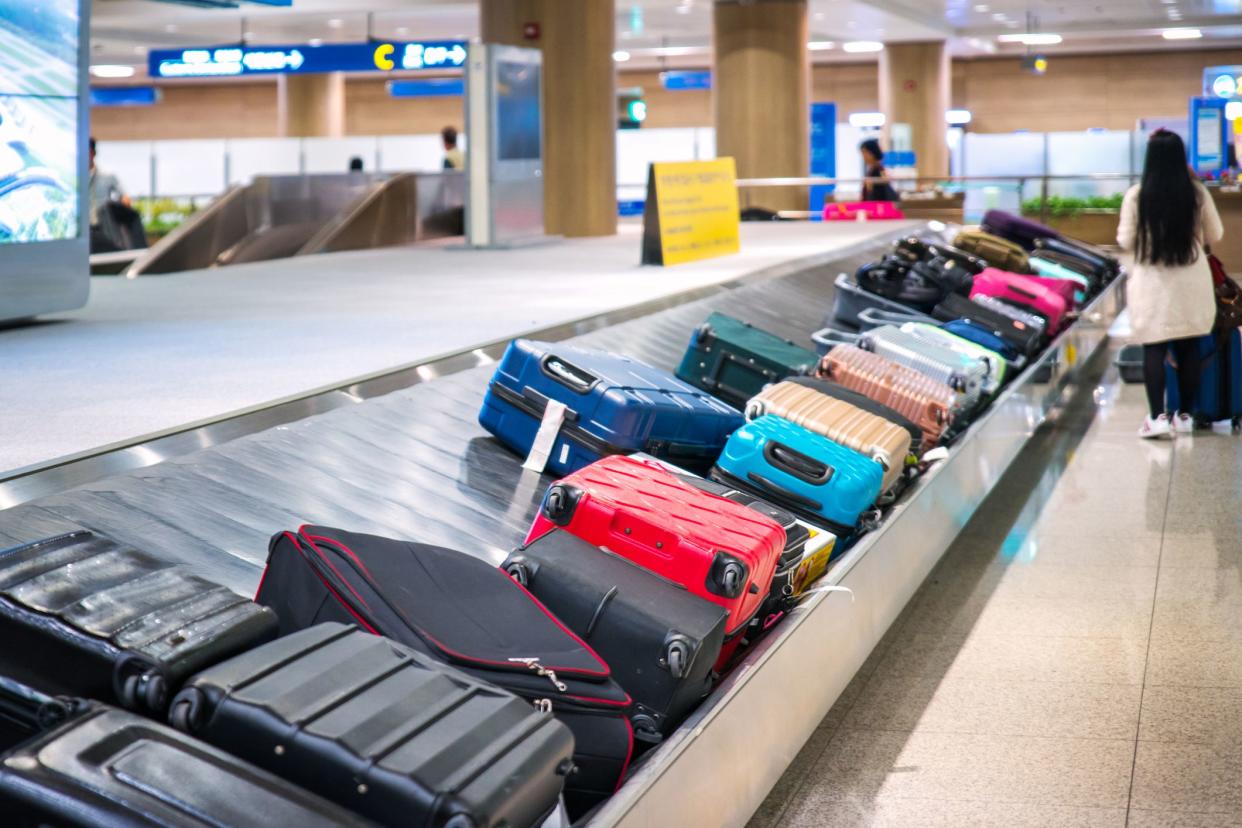
They Don’t Have To Help You With Your Bag
While many passengers assume lifting bags is part of a flight attendant’s long list of duties, it isn’t. According to the website These Gold Wings, aside from basic pay and meal allowances, flight attendants only get paid for their flying time, which means that until the plane’s doors are locked/unlocked, they’re unpaid, and if they injure themselves during the boarding and disembarkation process, their insurance might not cover the injury.
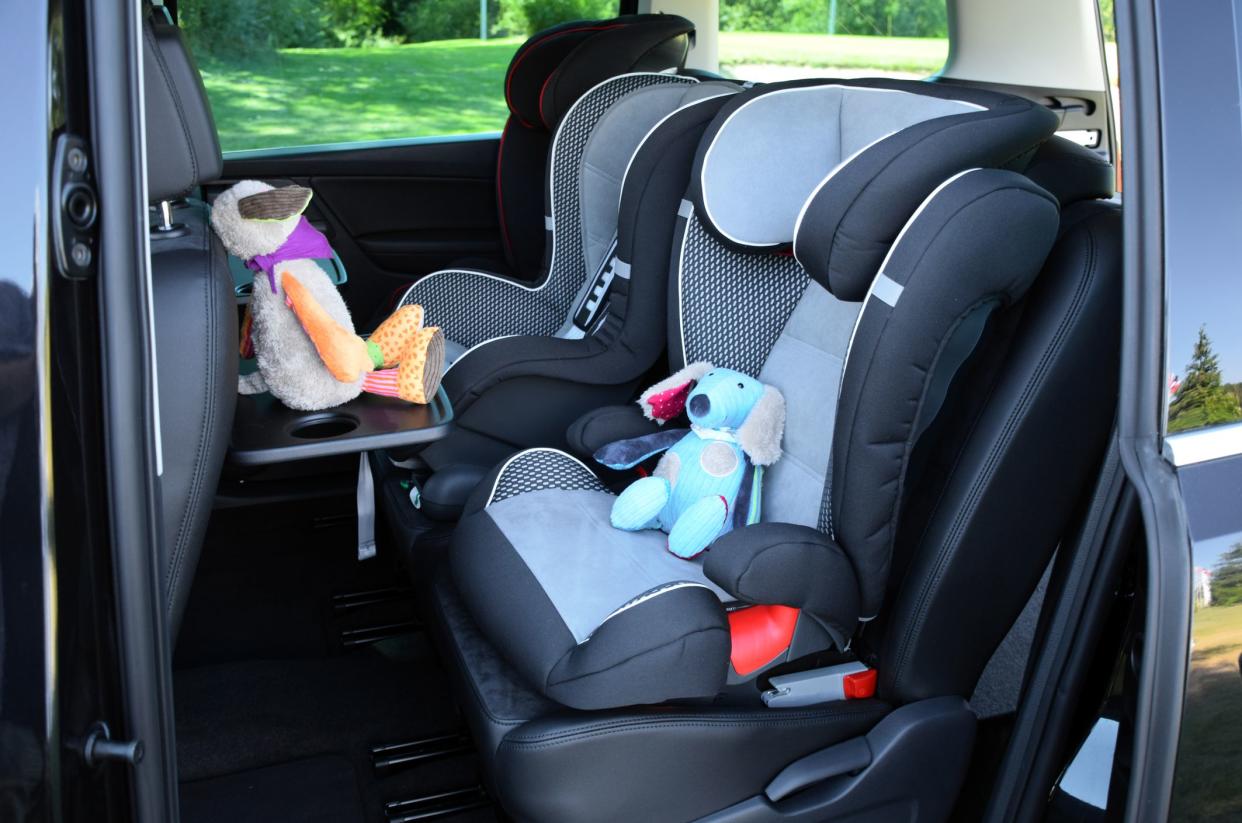
Car Seats Can’t Be Installed in the Exit Row
While this ruling has not changed, parents should be reminded that while car seats are allowed in the plane, according to the FAA, they cannot be installed in the exit aisle or the row behind and directly in front of it. To play it safe, be sure the seat is FAA approved and that your airline allows it to be brought on board.
Insider Tip: Spirit Airlines seats tend to be narrower, so it’s best to check directly with the airline you’re flying with if the seat is wide enough to accommodate your car seat.

They're Not As Well Paid As You Think
The perks of the job are plentiful, free-to-cheap plane travel, swish hotel rooms in exotic destinations, meeting new people regularly, but there are downsides: health and safety, a lot of waiting around, being treated like the hired help, and invariably becoming some irate passenger’s punching bag. Pay-wise, it’s also pretty complicated, but flight attendant Case breaks it down in this video.
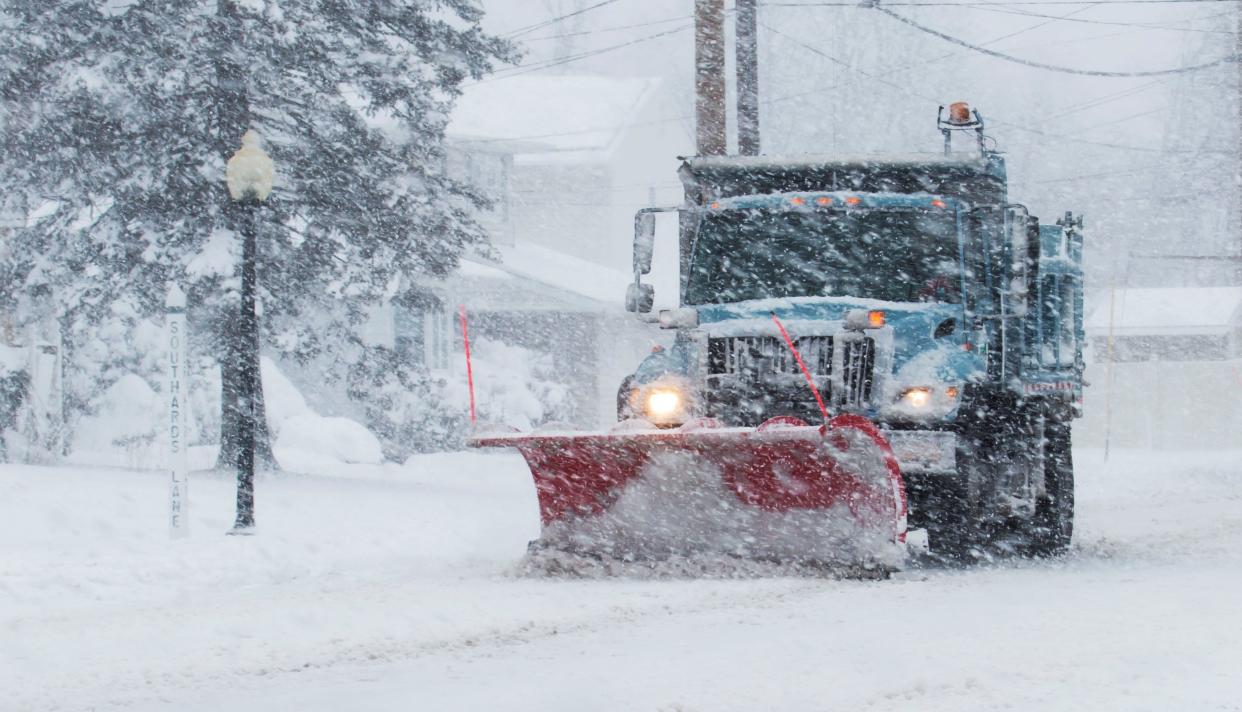
The Flight Attendant Knows Only So Much
Posing incessant questions to a flight attendant about turbulence, why the plane is circling, or what time the flight is expected to land at the destination is going to earn you brief answers and possibly a flicker of side-eye. Often, the flight crew outside of the flight deck knows only what they’re told by their captain. While most are happy to try and help you get your answers you’re only adding to their workload. When in doubt, safety and weather are often the reasons why things are going awry.

Bring Your Meds
It is the traveler's responsibility to come prepared with personal medications. Be it Advil or even an aspirin, a flight attendant cannot give it to a passenger as it is against regulations. According to the aviation-safety site SKYbrary, “Cabin crew are not trained or qualified to administer drugs and the contents of this kit can only be accessed and administered by a licensed medical practitioner, should one be on board.”
Insider Tip: All the flight crew is trained in first aid and CPR/AED and oxygen administration, and if there isn’t medical personnel onboard, emergency medical service providers are available and can be contacted in-flight.
Related: 25 Carry-On Essentials to Pack for Your Next Flight
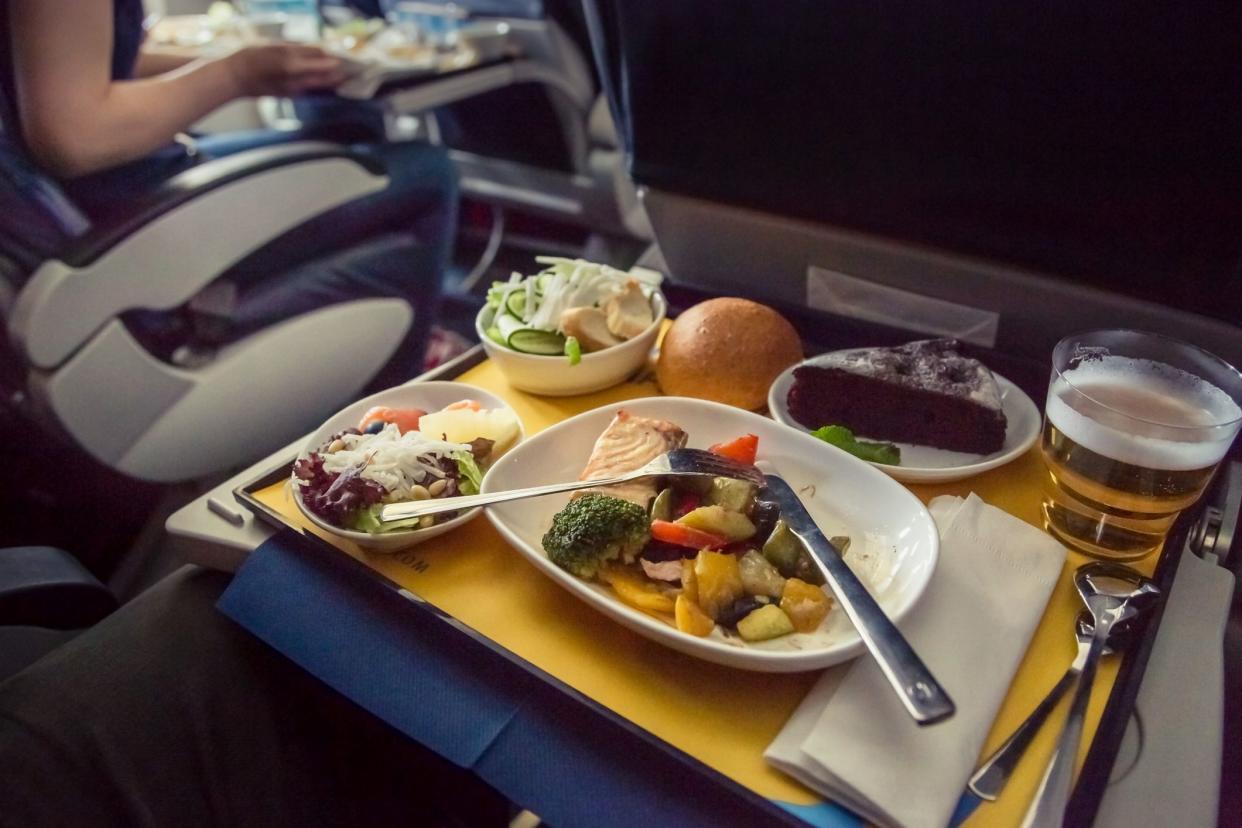
Be Specific About What You Want
Flight attendants aren’t mind readers, and they prefer if you get specific with your order. Under normal circumstances, repeating the same question sentence over 100 times is already trying, and now with mask mandates (and fellow surrounding passengers feeling nervous and anxious about droplets) going through any conversation repeatedly, as re-enacted by flight attendant Tommy Cimato is simply unnecessary.
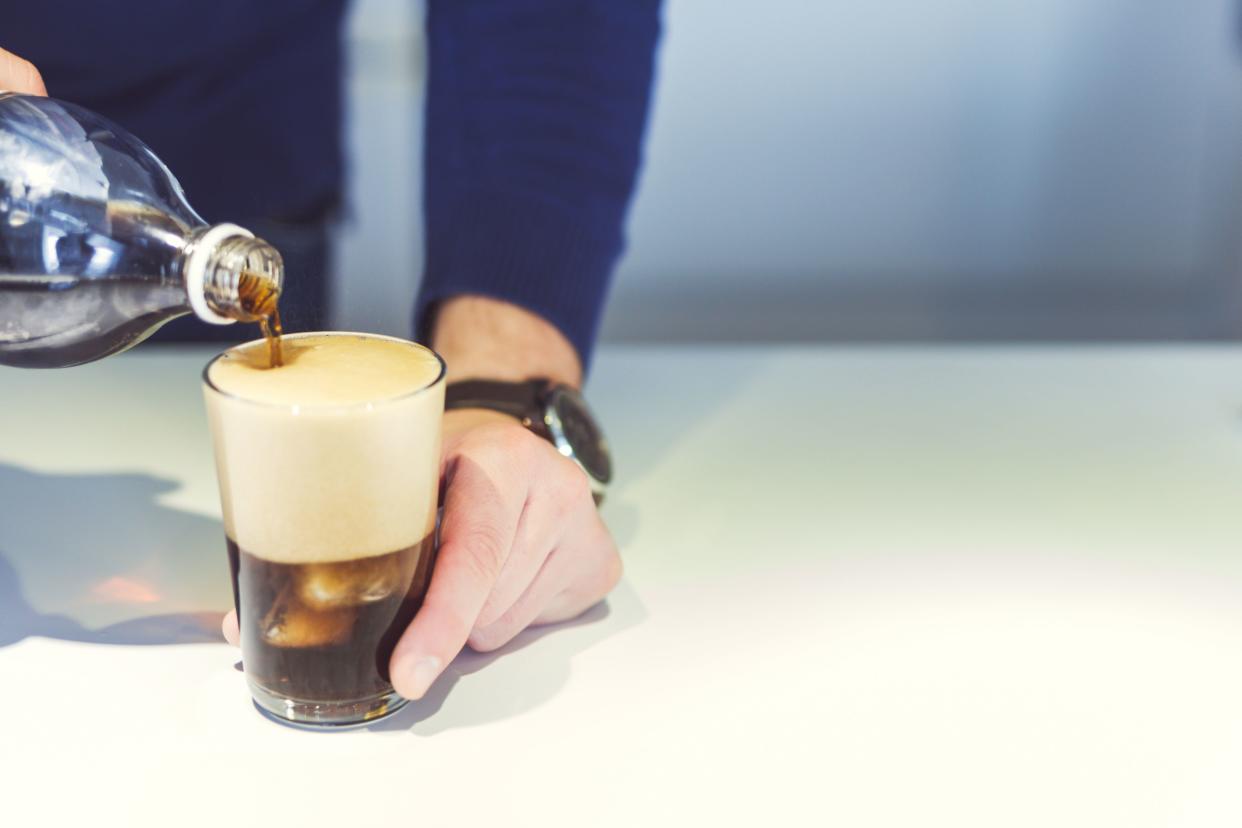
Stop Asking Us for Diet Coke
Flight attendants universally hate to serve one specific drink, Diet Coke. It has to do with the overspill factor, and some fast hand and eye coordination (as seen in this TikTok video by Trolley_Dolly) is needed to ensure a mess isn’t made. These days, you may just get handed a can to drink at your leisure.
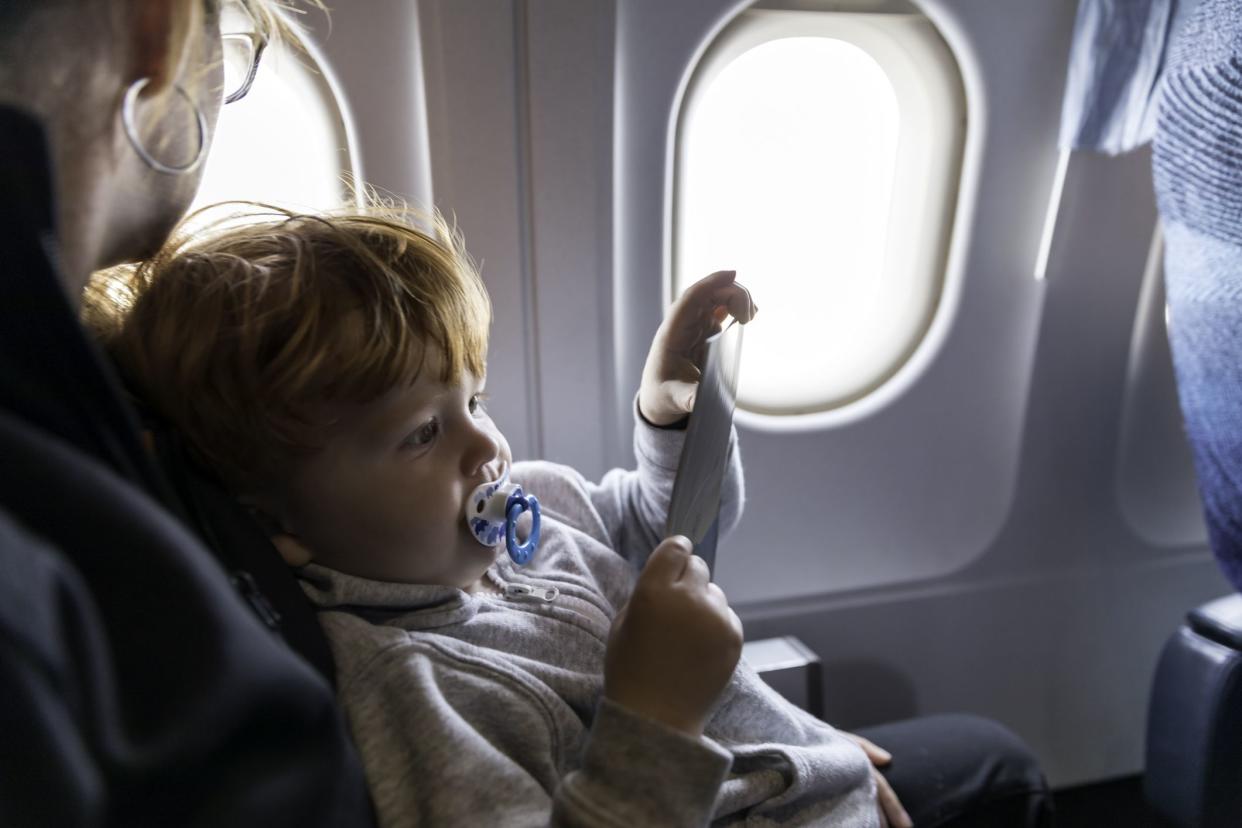
Child Minding Is Not Part of the Job
Most flight attendants love kids, but if a child is running up and down the aisle, it is the parent's job to restrain and control the child, not a flight attendant's. While most will be happy to help distract the little tyke, they do have a fixed set of duties to complete. Also, don’t hand over a dirty diaper for disposal. According to this post on the parenting site BabyCenter, the Food and Drug Administration prohibits attendants from handling garbage of any kind while serving food. So seal and bag it, and preferably carry it off the plane with you or dispose of it in the bathroom garbage before landing.
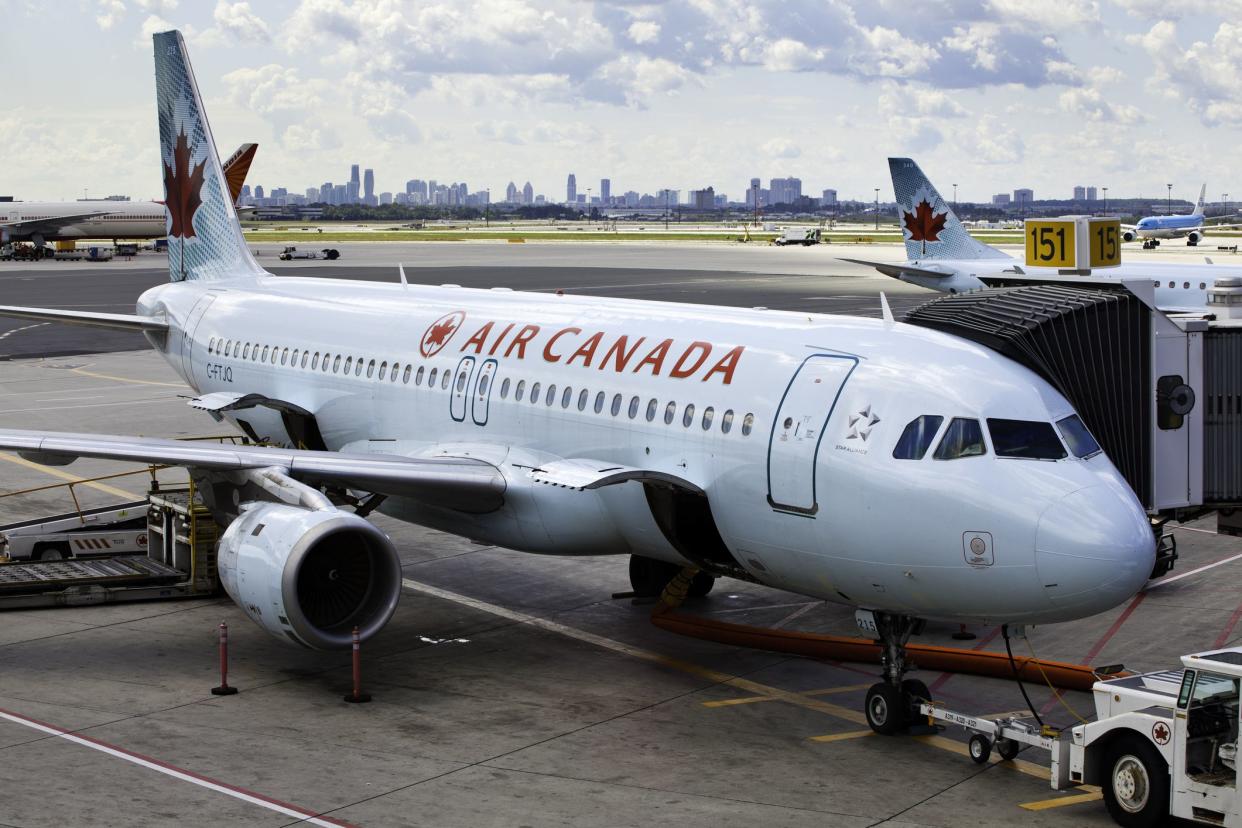
Don’t Get Upset If We Don’t Refer To You As Ladies or Gentlemen
Many airlines are going gender-neutral or introducing a pronoun policy to be more inclusive. If this sounds complicated, just know that you’ll be hearing “folks,” “everyone,” and “all” more moving forward. Airlines like Air Canada, Japan Airlines, Lufthansa, Swiss, Austrian, Brussels, and Eurowings have eliminated gender-specific references, according to this post at the travel site One Mile at a Time.

There Is a Limited Supply of Pens
Aside from reducing the number of shared contact surfaces, a flight attendant does not have an unlimited supply of pens to dispense. If you do have to borrow one, please return it as some other passenger will likely require it.
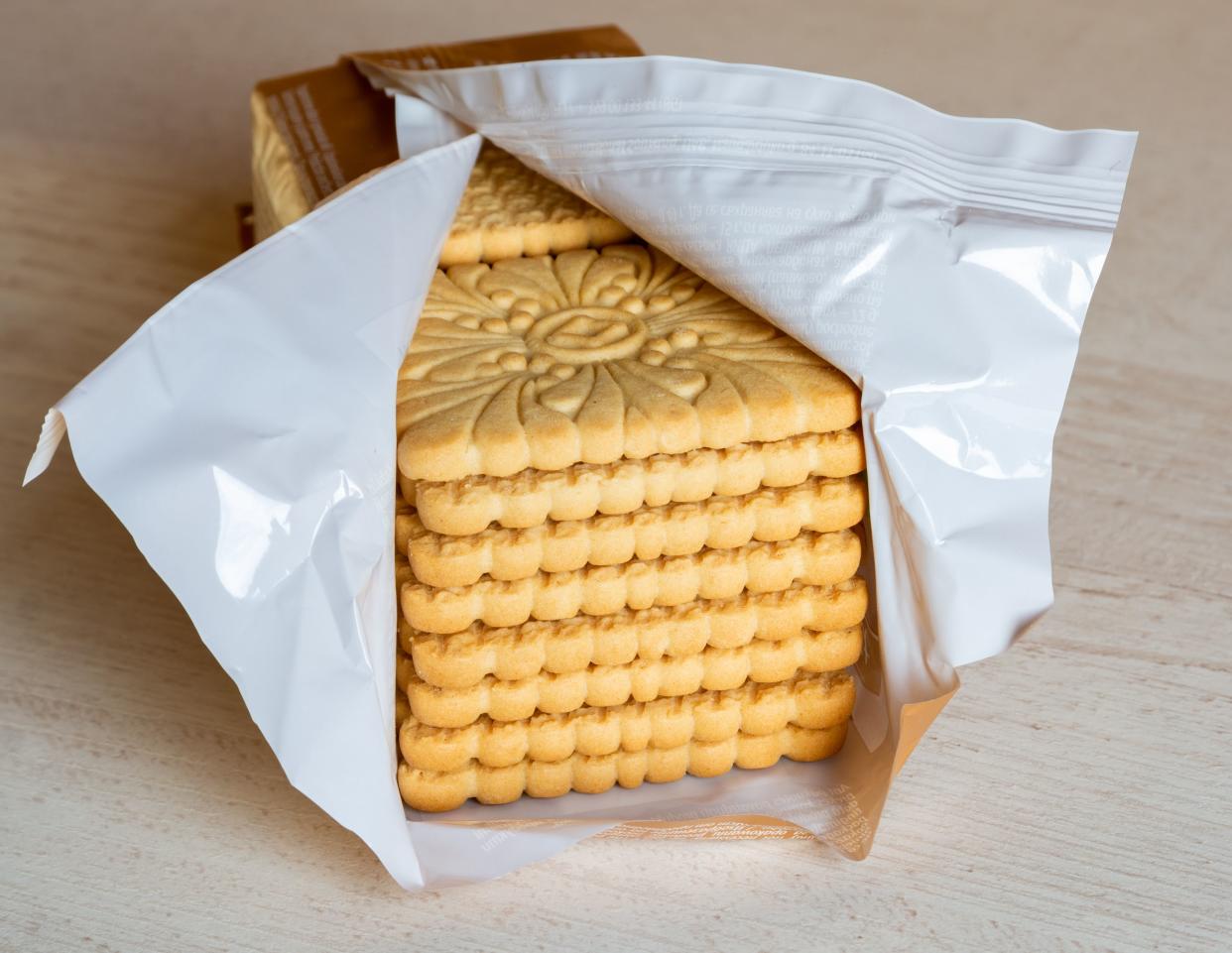
A Little Courtesy Goes a Long Way
While being nice to your flight attendant or on-ground staff might get you a bump to business or first class, this shouldn’t be the only reason to extend a warm hello or thank you to the crew. The industry literally came to a halt in 2020, and many staffers were furloughed or forced to take early retirement overnight. While hiring efforts have kicked off to match travel demand, there have been numerous hiccups (delays, cancellations, etc.) making a flight attendant's job extra challenging these days. How to show your appreciation beyond the niceties? Gift cards, coffee, cookies and snacks will always be appreciated. While flight attendants are paid a per diem, many choose to save this portion and bring their own food instead.

More from Cheapism
Like Cheapism's content? Be sure to follow us.